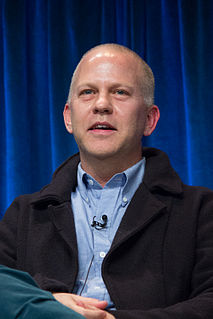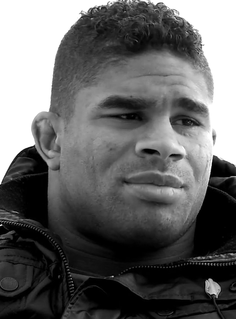A Quote by Justin Torres
Sometimes I would be very upset because my memories are very murky from my childhood, but there are certain emotional memories or emotional truths that are painful, and things that I know to be the case and I had to nail them down, and that was difficult.
Related Quotes
When I was first approached about doing an autobiography, I said, 'absolutely not.' But when I sat down, memories came pouring out. It wrote very quickly - I think there was an emotional impulse, because once I started in, the story itself carried me along. It was a very intense writing period and took a year and change to finish.
You know, with the film industry crews, there's an odd mix between a very technical and a very artistic approach to the work, and sometimes as a woman you have to be a little bit careful about how things come out because people don't really want to listen if it's in a certain emotional tone or too strong.
Doubting what you see is a very odd experience. And doubting what you remember is a little less odd than doubting what you see. But it's also a pretty odd experience, because some memories come with a very compelling sense of truth about them, and that happens to be the case even for memories that are not true.
For the Tintin books were my emotional universe. To read them felt quite simply like being loved: in advance and by an entire world of pure possibility, my future. But to write to the author was to reach out for the lover. Even today, the power of reading one remains visceral: each book acts as a form of transportation, not just to the emotional landscape of this first literary love affair but to very specific memories.
However, for story reasons, we needed to represent them in certain ways. One of the things that sort of blew me away that I didn't know when we started is that memories are completely susceptible to change. And this is, you know, one of the many reasons why certain people are trying to get it taken out - eyewitness testimony in court cases because it's very unreliable.
If there is any realm where distinction is especially difficult, it is the realm of childhood memories, the realm of beloved images harbored in memory since childhood. These memories which live by the image and in virtue of the image become, at certain times of our lives and particularly during the quiet age, the origin and matter of a complex reverie: the memory dreams, and reverie remembers.
What is the subject matter of this apparently very personal world? It has been suggested that these shapes and images are underworld characters, the inhabitants of the vast common realm of memories that have gone down below the level of conscious control. It may be they are. The degree of emotional involvement and the amount of free association with the material being photographed would point in that direction.






































